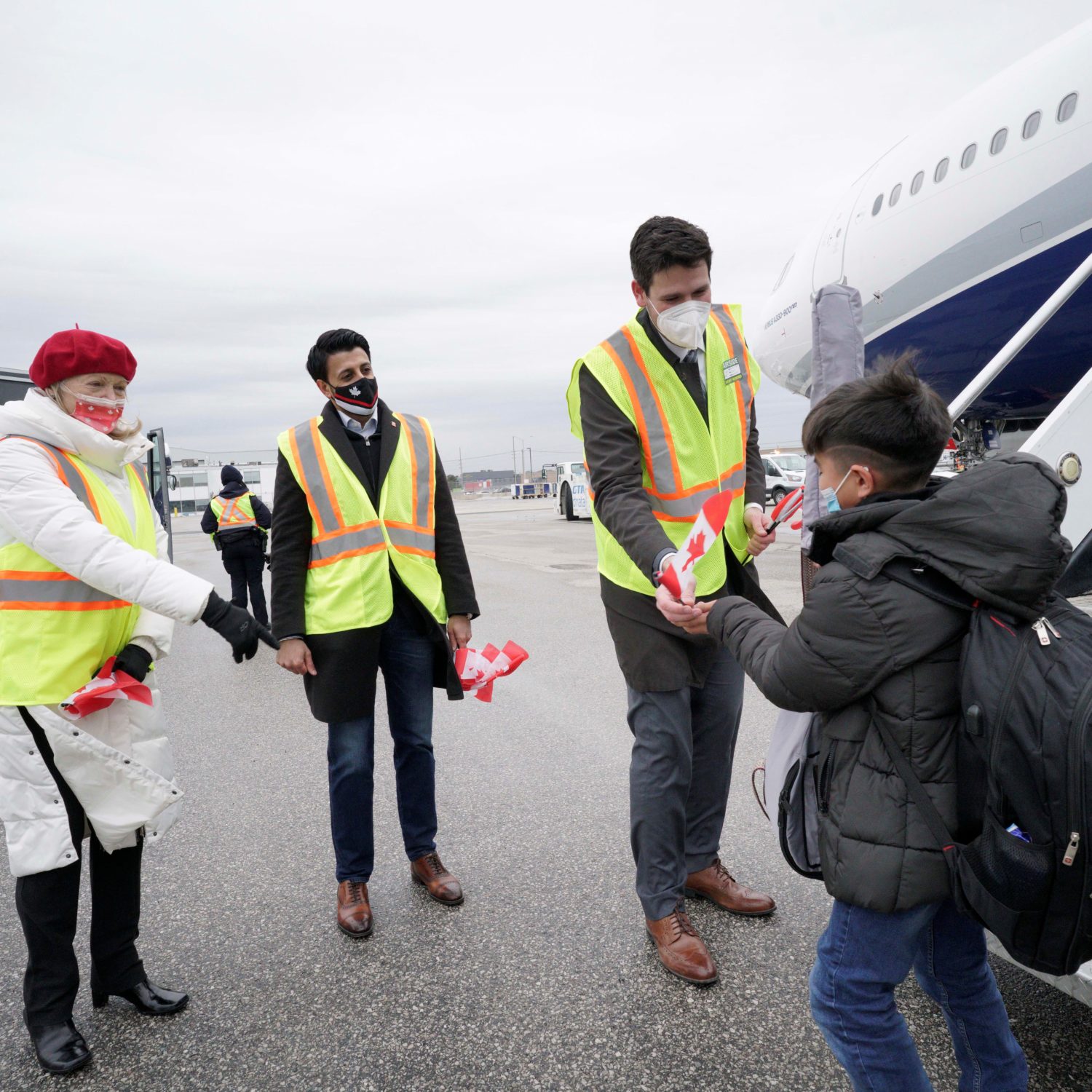Obtaining refugee status in Canada is a complex process, and it’s essential to follow the correct legal procedures. Here are the general steps to apply for refugee status in Canada:
- Prepare Your Application:
- Gather documents: Collect any identity documents, passports, birth certificates, and other documents that can support your case.
- Write a Personal Statement: Explain in detail why you are seeking refugee status, including the reasons you fear persecution in your home country. Be honest and provide as much evidence as possible.
- Get Legal Representation: It’s highly advisable to seek legal counsel or assistance from a reputable refugee organization. They can guide you through the process and help you prepare a strong case.
- Determine Your Eligibility:
- You must meet the legal definition of a refugee according to Canadian law. This means you must demonstrate a well-founded fear of persecution based on race, religion, nationality, political opinion, or membership in a particular social group.
- Choose the Right Path:
- There are two main pathways to seek refugee status in Canada:
- In-Canada Refugee Protection: If you are already in Canada, you can make a refugee claim by applying to the Immigration and Refugee Board (IRB). This is often referred to as an “inland claim.”
- Refugee Sponsorship: If you are outside Canada, you can be sponsored by a Canadian citizen or permanent resident through the Private Sponsorship of Refugees Program or the Blended Visa Office-Referred (BVOR) Program. These programs allow individuals or groups to sponsor refugees to come to Canada.
- There are two main pathways to seek refugee status in Canada:
- Submit Your Application:
- If you are making an in-Canada refugee claim, you need to submit your claim to the Immigration and Refugee Board (IRB). You will attend a hearing where your case will be evaluated.
- If you are applying through a sponsorship program, you will need to work with your sponsor to complete the application.
- Attend Interviews and Hearings:
- If you are making an in-Canada claim, you will attend interviews and hearings as part of the process. Be prepared to provide additional evidence and answer questions about your case.
- If you are applying through a sponsorship program, you and your sponsor will need to cooperate with Canadian authorities for background checks and processing.
- Wait for a Decision:
- The processing time for refugee claims can vary, and it may take several months or longer to receive a decision.
- Receive a Decision:
- If your claim is approved, you will be granted refugee status, and you can apply for permanent residence in Canada.
- If your claim is denied, you may have the option to appeal the decision or seek other legal remedies. It’s crucial to consult with your legal representative in such cases.
- Settle in Canada:
- Once you are granted refugee status, you can live and work in Canada. You may also be eligible for government support and settlement services to help you integrate into Canadian society.
The refugee application process in Canada is subject to change, and specific requirements may vary depending on individual circumstances and the current immigration policies. Therefore, seeking legal advice and guidance is strongly recommended throughout the process. Additionally, Canada has specific programs for refugees, such as the Government-Assisted Refugee (GAR) Program and the Joint Assistance Sponsorship (JAS) Program, which can provide financial assistance and support to resettled refugees.
Get in touch with our team of immigration attorneys for assistance with your refugee claim today!






